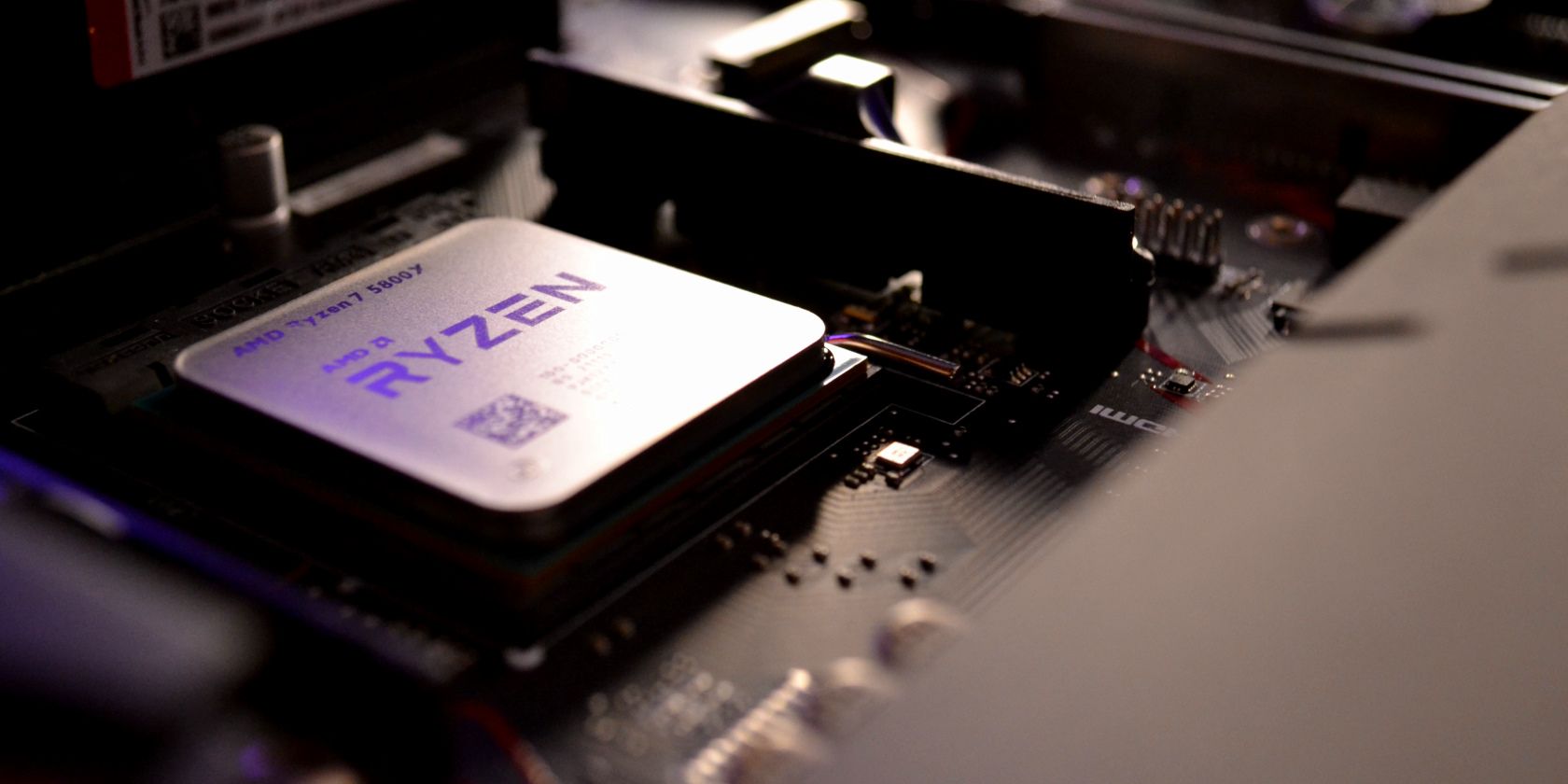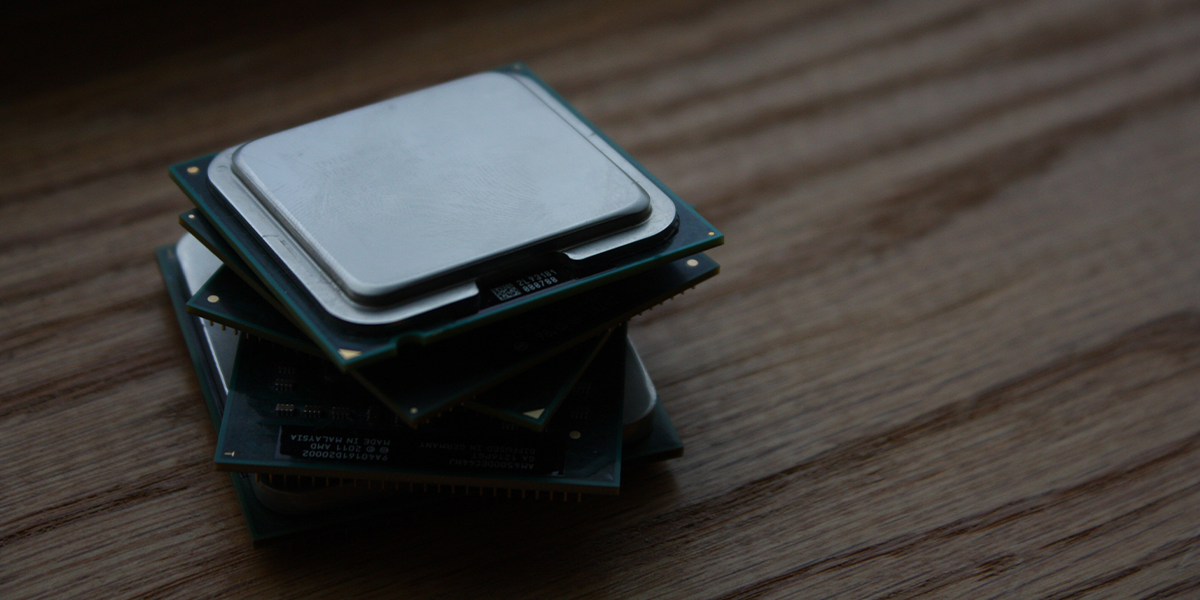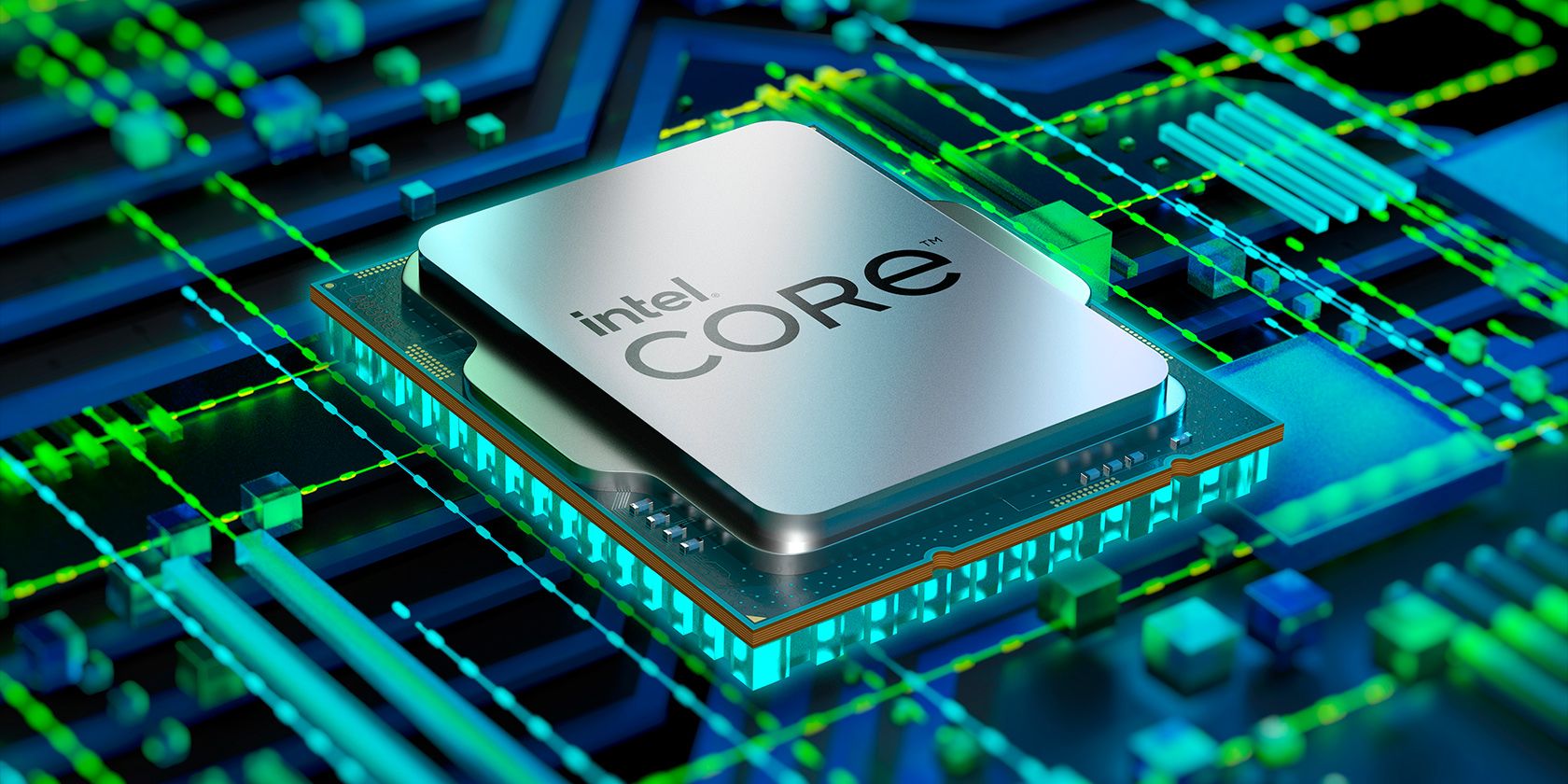More cores or a higher clock speed? It is an old question. Perhaps as old as computers themselves. Unfortunately, there is no simple answer to this. In some cases, more cores are preferable. In others, a higher clock speed.
Let's answer the question in detail and see which of these two CPU specs you should pay more attention to.
When Do You Need More Cores?
Computer processors nowadays have multiple cores. You can think of a core as a single processing unit inside a CPU. This processing unit takes data, performs calculations, and stores result in the memory to complete a task. Once a CPU has completed a task, it moves on to the next one. So, each core can only perform one task at a time. This is where multi-core CPUs come in.
With multiple cores, many tasks can be simultaneously handled by the CPU. The ability to complete several tasks at once is critical for modern computers, as modern PCs always have multiple processes running in the background.
To understand the importance of more cores, consider a scenario where you are typing a document, listening to music, and downloading a movie on your PC at the same time. If your PC's CPU only had one core, it would struggle to complete all of these tasks simultaneously. Whereas multi-core CPUs make it possible for our computers to run multiple programs and accomplish multiple tasks at once.
Put simply, if you are into heavy multitasking, you will need as many cores as you can in your budget.
When Do You Need a Higher Clock Speed?
Every processing unit or core inside a CPU has a clock speed or clock frequency. The clock speed indicates the number of operations that a CPU core can perform in one second. Modern CPUs have speeds ranging from 1.5 GHz to more than 5 GHz. In the past, CPUs only had a single-core or were at most dual-core. As a result, developers optimized programs to run on a single core. And when there was only one core to run on, clock speeds mattered a lot.
So, a lot of legacy programs don't take advantage of multiple cores because they are only designed to run on a single core. Unfortunately, many modern programs, including video games, rely heavily on single-core performance as well, and single-core performance relies heavily on the clock speed.
In short, if you play video games or use programs that favor excellent single-core performance, get a CPU with the highest clock speed within your budget.
More Cores vs. Higher Clock Speeds: What Is More Important?
The debate between more cores and higher clock speeds is nuanced. There is no simple, cookie-cutter answer. Whether you'd benefit from having more cores or a higher-clock speed is subjective and depends entirely on your needs.
If you need a CPU for things like video editing, CAD rendering, and multitasking, go for more cores. On the other hand, if you need a CPU for video games or anything that favors single-core performance, give priority to clock speeds.
That said, modern CPUs are incredibly powerful. Thankfully, in most cases, when you buy a new CPU in the modern computing era, you won't have to sacrifice cores in favor of clock speeds or vice versa if you invest in a chip that is no older than a few years.
Long story short, when you are looking for a CPU, make sure you get the one with the highest number of cores that falls in your budget. By "the highest number of cores," we don't mean data center chips with 64+ cores. Six, eight, ten, and sixteen core chips from both AMD and Intel will be more than enough for you.
Pick a Modern CPU and You Won't Worry About CPU Performance
Modern CPUs are incredibly sophisticated. You no longer have to make a sacrifice between choosing more cores or higher clock speed. High-end and even midrange chips from both Intel and AMD have more cores and significantly better clock speeds than their budget counterparts.
The only thing you have to do now is figure out your budget and the right processor family for you.




